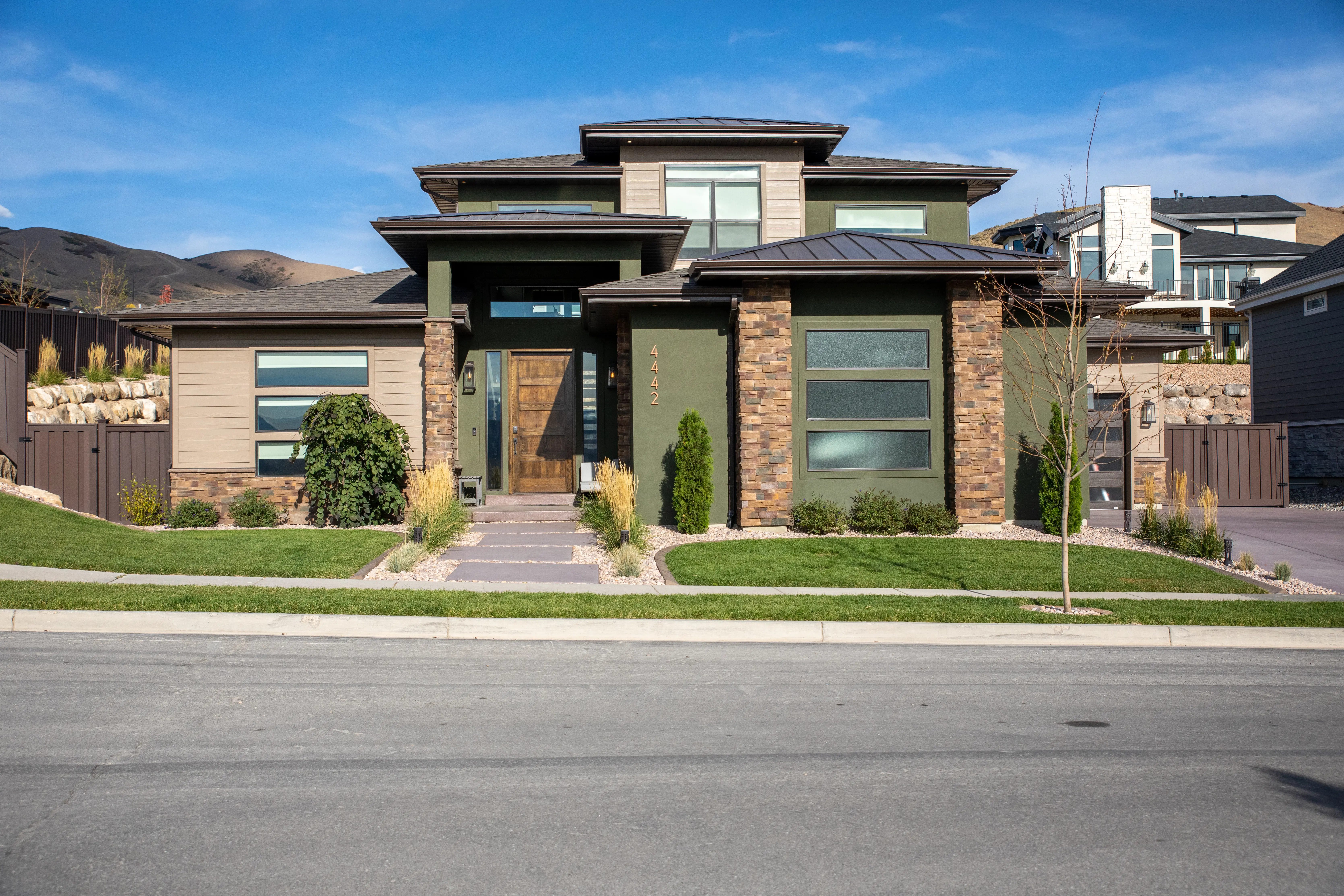The announcement of a new medical school at Brigham Young University (BYU) marks a significant milestone for the institution, its students, and the broader Utah community. As the state is grappling with healthcare challenges and an increasing demand for medical professionals, the establishment of the BYU medical school is poised to add tremendous value—not just to current and future students, but also to the surrounding communities and the entire state of Utah.
As you can imagine, this will have an impact on real estate. There will be increased demand for student housing, married student housing, and for homes for faculty and their families. With interest rates ranging from 6%-7% and home values not moving much, we're going to see a need for quality newer housing options, as well as updated older homes that will satisfy the upcoming demand.
Currently, BYU serves approximately 36,000 students, making it one of the largest private universities in the United States. The introduction of a medical school will not only enhance BYU's academic offerings but will also pave the way for an influx of new students and faculty dedicated to addressing pressing healthcare needs. Initial projections indicate that the new medical school will enroll around 100 students per year, gradually contributing to a sustainable pipeline of skilled healthcare professionals for the state. Additionally, BYU plans to hire upwards of 50 new faculty members, enriching the academic landscape of the university and providing mentorship to aspiring medical students.
The value this medical school brings extends far beyond the walls of BYU. In recent years, Utah has experienced a growing demand for healthcare services, with an aging population and a booming tech industry that requires health professionals. The BYU medical school is expected to address these needs directly, training doctors who can serve in various capacities throughout the state, from primary care to specialized medical fields. Research indicates that states with active medical schools tend to see a higher retention rate of healthcare professionals, meaning graduates are more likely to stay in their home state to practice, which is a boon for Utah's healthcare infrastructure.
Moreover, BYU's emphasis on community service and ethical healthcare aligns with Utah’s cultural values. The medical school aims to instill in students not only the technical skills needed for successful medical careers but also a commitment to serving underserved populations. With community outreach initiatives and partnerships with local hospitals and clinics, students can gain practical experience that goes beyond the classroom, enriching the health of the immediate communities around BYU.
Furthermore, the establishment of the medical school could make a significant economic impact. Higher education institutions often act as economic engines in their respective regions, spurring job creation and attracting new businesses. With the new medical school, BYU is likely to draw in additional research funding and healthcare-related initiatives, further bolstering Utah’s economy. The ripple effects of this development could be felt not only in increased employment opportunities but also in a healthier population.
The BYU medical school is poised to be a transformative addition to the university and the state of Utah. By expanding educational opportunities, addressing healthcare workforce shortages, and fostering a culture of service and community engagement, this new institution will undoubtedly enhance the lives of BYU students, local residents, and the broader Utah population. As we look to the future, the potential benefits of the BYU medical school are clear—it is a significant step forward for the university, the health of the community, and the overall wellbeing of the state.





